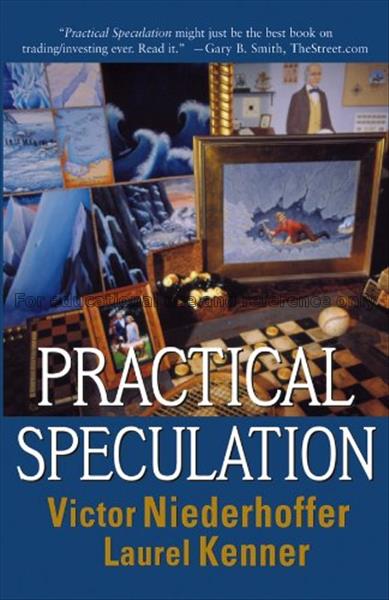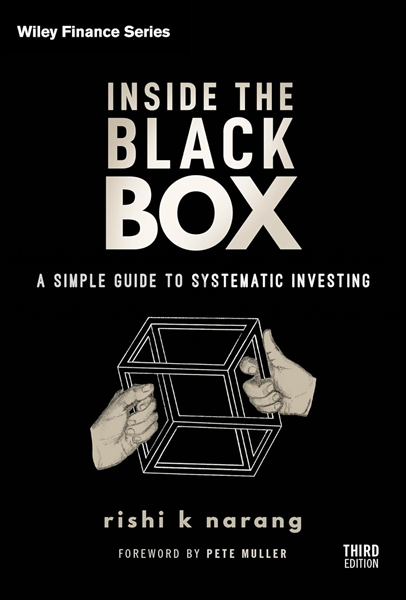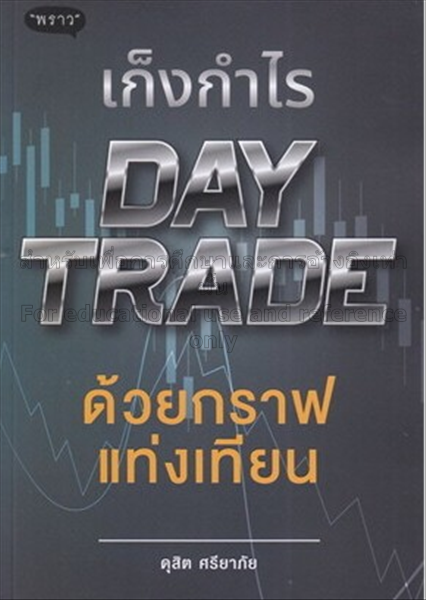
At last, some modest proof of what some of us have long suspected - beware of lords on boards. Authors Victor Niederhoffer and Laurel Kenner* studied the relationship between stock returns and the number of board members with titles in the 50 largest companies by market value in the FTSE 100. Over a five year period, the more titles on the board, the worse the performance of the shares. Niederhoffer and Kenner even invented a valuation indicator, the earnings/lords ratio, dividing the earnings per share by the number of titles in the boardroom. At the time they did the study, Powergen, with just one lord, looked the most attractive stock on this basis. The finding raises the obvious question of causality. As the authors write: "Was it the lords who caused the lackluster performance or the lackluster performance that prompted the companies to use lords as window-dressing?" That comment, however, suggests a possible American misunderstanding of the British honors system. The presence of titles on UK boards does not simply indicate the lingering influence of the ancient British aristocracy. Charities may still want to recruit Lord Ponsonby-Snodgrass just to make the notepaper look respectable; boards of FTSE 100 companies don't really need to do so. Instead, the preponderance of titles shows the tendency for the honours system to reward people for business success. Rise to the top of a FTSE 100 company and you can be pretty sure a gong is heading your way, especially if you have the foresight to make some political donations. The "lords on boards" effect may thus be merely another indication of the old rule of "reversion to the mean". Executives get awarded titles when profits are strong and the share price is rising, not in the aftermath of profit warnings and failed acquisitions. Since all companies eventually suffer some sort of bad news, the disasters are more likely to occur after the honours are awarded. When the queen brings the sword down on an executive's shoulder, the blade of Damocles may not be far behind it. *Practical Speculation, published by John Wiley & Sons (The Financial Times, June 4, 2003)
| Barcode | Call No. | Volume | Status | Due Date | Total Queue | |
|---|---|---|---|---|---|---|
| Not Found | ||||||











